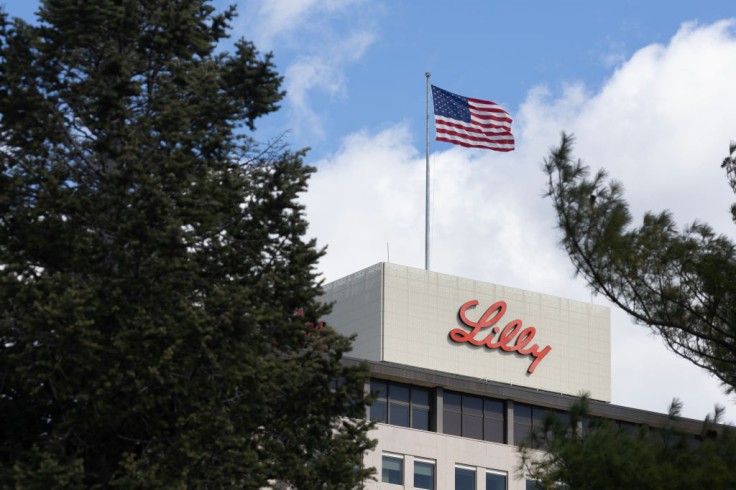
The World Health Organization (WHO) and Eli Lilly and Co. are advising the public about fake versions of famous weight-loss and diabetes medications.
Eli Lilly Files Lawsuit on Counterfeit Weight-Loss and Diabetes Medications
The WHO declared on Thursday that it has received numerous reports of fake semaglutide, the key component in Novo Nordisk's Wegovy and Ozempic, being found worldwide since 2022.
On the same day, Lilly disclosed that it is charging six additional entities, including medical spas and wellness centers, for selling products implied to contain tirzepatide, the main ingredient in its familiar diabetes drug, Mounjaro.
In an open letter, Lilly expressed its "deep concern" over the increasing online sales and social media promotion of fake or compounded tirzepatide.
The Indianapolis-based company emphasized that it is the sole authorized distributor of Mounjaro and Zepbound and does not supply tirzepatide to compounding pharmacies, wellness centers, or online vendors.
Lilly warned that counterfeit versions of its medications, often advertised or sold online, are never safe for use. Novo Nordisk has released similar advisories concerning its drugs in the past.
The WHO suggested patients safeguard themselves by getting prescriptions from licensed doctors and buying medications from trusted sources. The agency also suggested refraining from drugs from unknown vendors.
Lilly stated that any products labeled as tirzepatide but not branded as Mounjaro or Zepbound are not manufactured by the company and lack FDA approval.
The demand for GLP-1 drugs, including Wegovy and Lilly's Zepbound and Mounjaro, has been exceeding supply. According to the FDA, some doses of Mounjaro and Zepbound are expected to be available in limited quantities through the second quarter.
WHO Warns Fake Drugs Could Be Harmful and Cause Health Complications
On Thursday, the World Health Organization (WHO) released cautions about imitation drugs claiming to contain the active ingredient in Novo Nordisk's diabetes drug Ozempic and weight-loss treatment Wegovy.
The high demand for Ozempic, Eli Lilly's Mounjaro, and other GLP-1 drugs that aid in weight loss has led to a rush in fake versions universally.
The WHO's warning emphasizes three falsified batches of semaglutide found in Brazil and the UK in October 2023, and in the United States in December 2023.
Although semaglutide is not recommended by WHO for diabetes management due to its high cost, the agency is developing guidelines for using GLP-1 drugs for obesity treatment within a comprehensive care model.
The WHO warned that counterfeit drugs could be harmful and may cause health complications if they lack necessary raw components, leading to unmanaged blood glucose levels or weight issues.
This warning, the first official notice following the verification of reports, suggested patients buy medications with prescriptions from licensed physicians and refrain from purchasing from unknown or unsubstantiated sources, especially online.
Eli Lilly and Novo Nordisk have taken legal action against several entities selling products falsely claiming to contain tirzepatide and semaglutide.
On Thursday, Eli Lilly announced lawsuits against six more entities, including medical spas and wellness centers, for selling products purportedly containing tirzepatide.
Related Article: Novo Nordisk Releases New Study Offering Insights Into Long-Term Effects of Weight Loss Medications